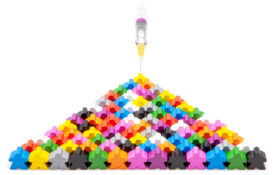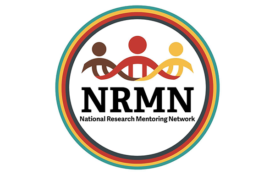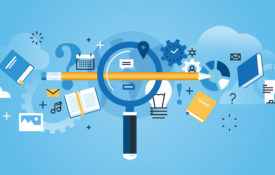-
As More Women Enter Science, It’s Time to Redefine Mentorship
WHEN A GROUP of researchers at NYU Abu Dhabi published a paper in Nature Communications last fall suggesting that young women scientists should seek out men as mentors, the backlash was swift and vociferous. Countless scientists, many of them women, registered their indignation on Twitter—some even penning open letters and their own preprints in response. The original paper had found that female junior scientists who authored papers with male senior scientists saw their papers cited at higher rates. But a number of critics contested the assertion that this result established a link between male mentors and career performance.
-

Individuals With Intellectual and Developmental Disabilities Were Excluded From COVID-19 Vaccine Priority Guidelines
It is critical that the entire I/DD population gains access to priority vaccines, writes developmental psychologist Emily Hotez.
-

When the Perfect Mentor Is Outside Your Network
The National Research Mentoring Network, supported by the U.S. National Institutes of Health, is a free social and professional networking tool that matches and facilitates mentoring relationships using evidence-based best practices and online resources.
-

But What’s It All For? Putting Practical Theories Into Action
Researchers suggest a number of incentives to support the development of more actionable theories in the face of what they term a “practicality crisis.”
-
The Pandemic Has Erased Entire Categories of Friendship
... American culture does not have many words to describe different levels or types of friendship, but for our purposes, sociology does provide a useful concept: weak ties. The term was coined in 1973 by the Stanford sociologist Mark Granovetter, and it comprises acquaintances, people you see infrequently, and near strangers with whom you share some familiarity. They’re the people on the periphery of your life—the guy who’s always at the gym at the same time as you, the barista who starts making your usual order while you’re still at the back of the line, the co-worker from another department with whom you make small talk on the elevator.
-
Beat the Burnout: How to Fight Pandemic Fatigue with Science
Winter can suck the wind from our sails in the best of years, but this is not just any winter – it’s a pandemic winter. This doesn’t necessarily mean it will be worse than ever. Life can be gloriously contrary and you might end up having a pleasant, cosy time. But there’s no denying that, even among those who aren’t grieving or recovering from infection, COVID burnout is real and as contagious as the virus itself. No one should beat themselves up about feeling fatigued right now. Burnout was already doing a swift trade before the pandemic came along, steadily spreading as technology allowed everyone to carry their inboxes in their pockets.

